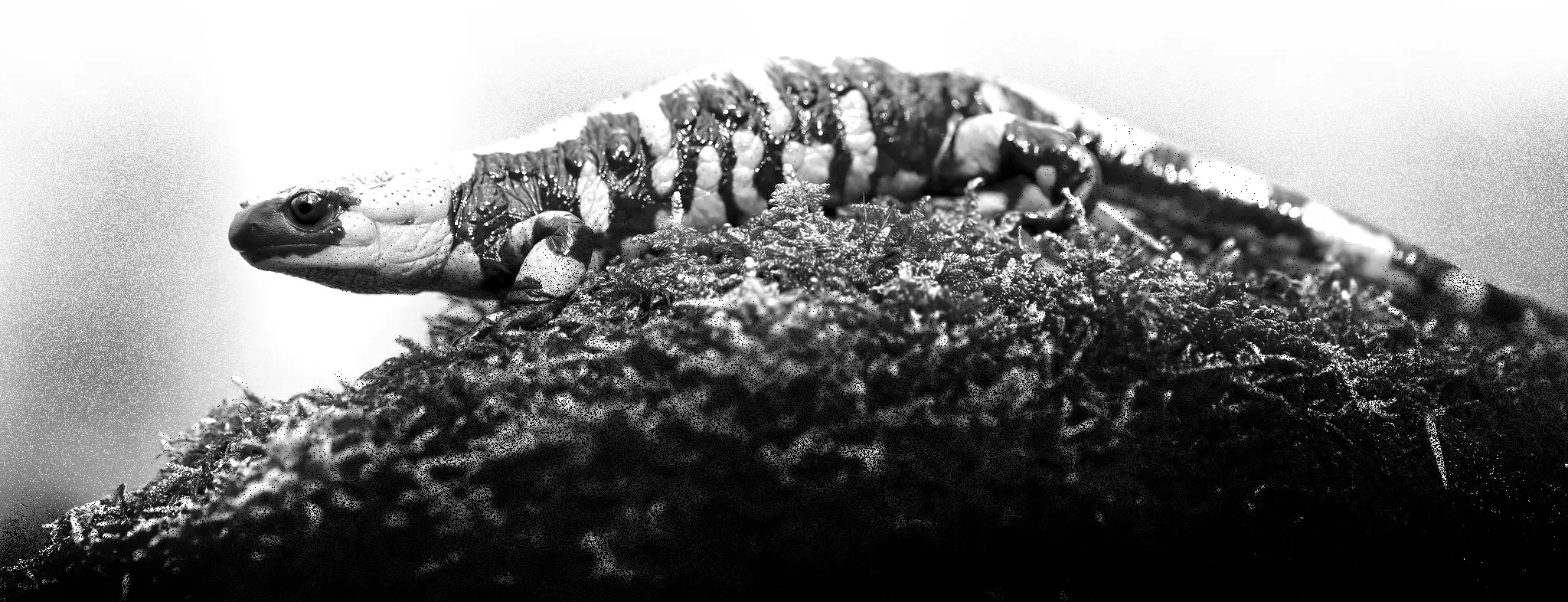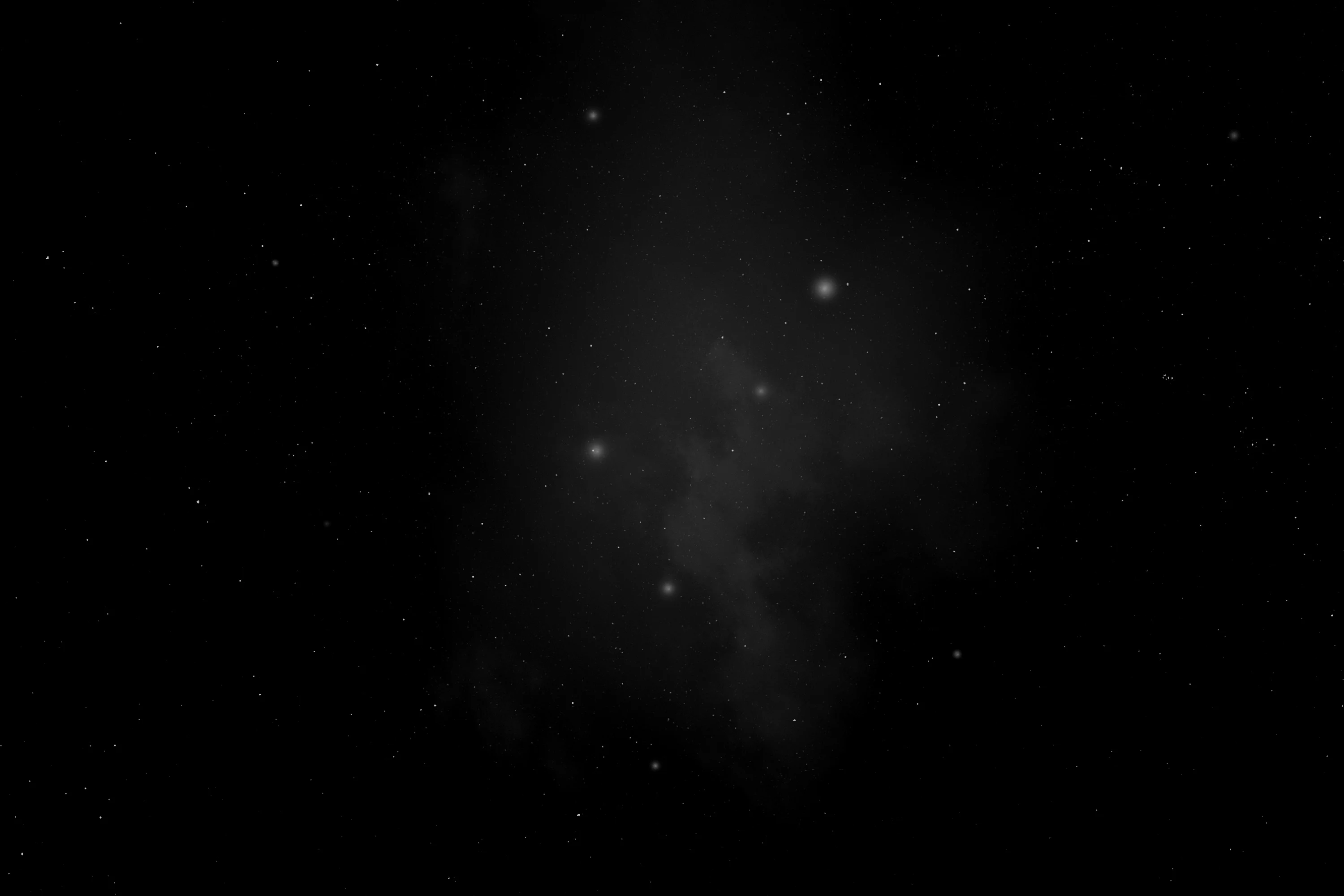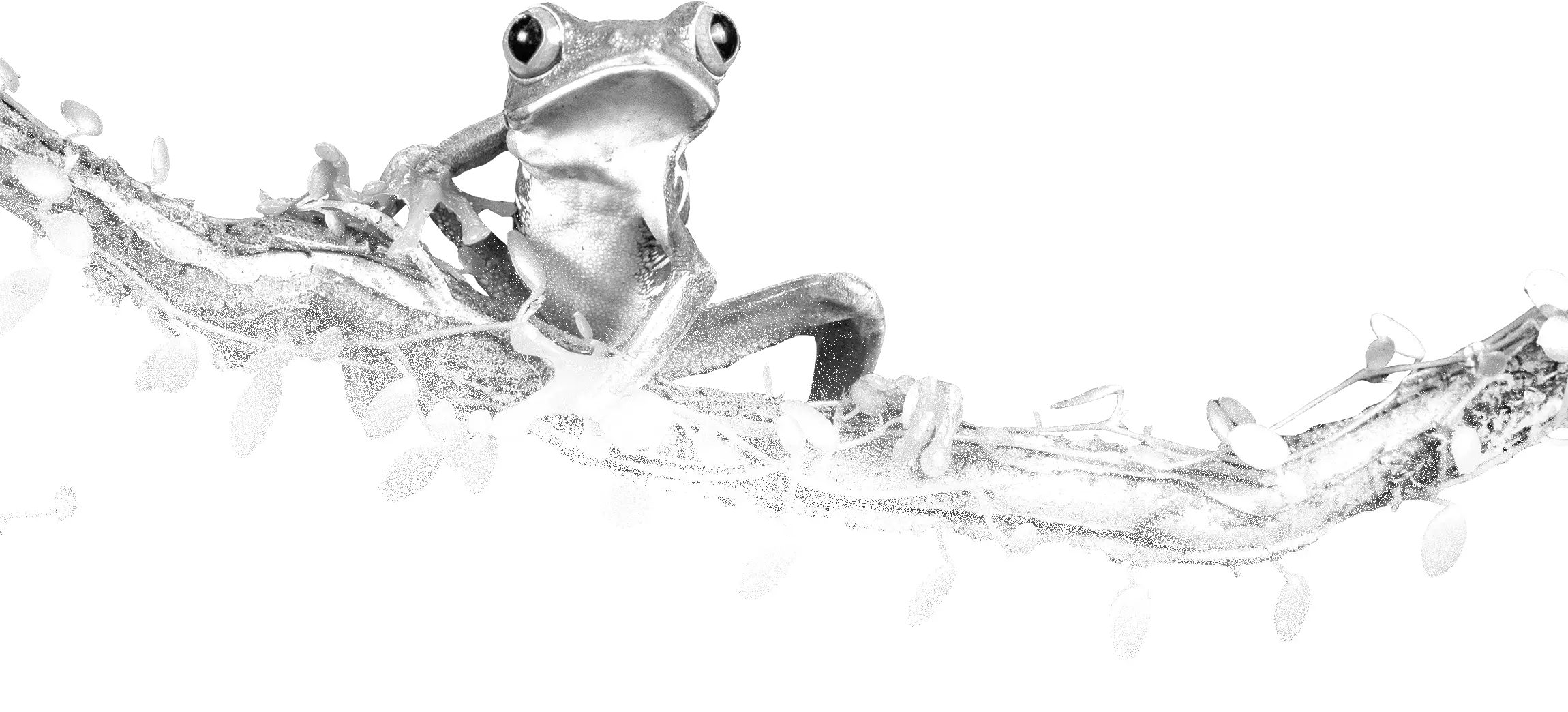
(Grandisoniidae)
Indo-African Caecilians
Індоафриканські черв'яги
The Grandisoniidae are a family of caecilians found in Africa, Seychelles and India. Like other caecilians, they superficially resemble worms or snakes. The family was formerly known as Indotyphlidae.
This family is distinguished by the following combination of characters: imperfect stapes, presence of inner mandibular teeth, having some bicusped teeth, eye located at the border of the squamosal and maxillopalatines, and either viviparity plus lack of scales and lack of secondary annuli, or oviparity.
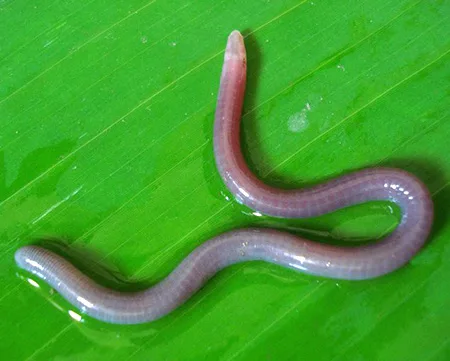
(Gegeneophis carnosus)
Periah Peak Caecilian
It is found in the Western Ghats, India. It occurs in humid evergreen forest, under cover of rocks in porous soil, as well as in lightly-farmed agricultural areas.
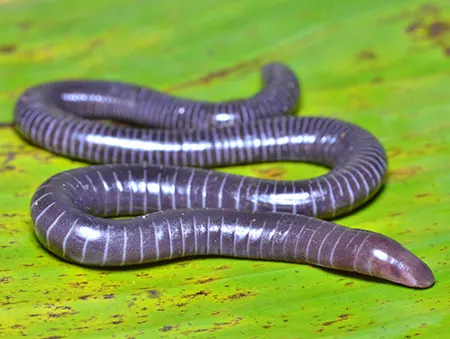
(Gegeneophis danieli)
Amboli Caecilian
Черв’яга Даніеля
It was discovered from near Amboli in Western Ghats of Maharashtra.
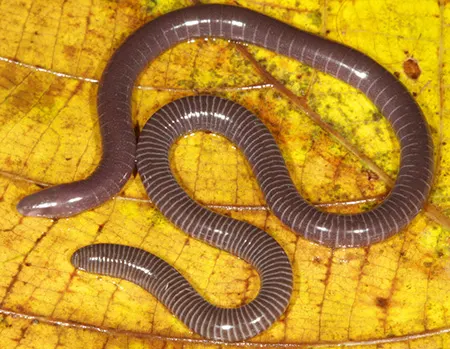
(Gegeneophis goaensis)
Goa Caecilian
Черв’яга гоанська
It is found in North Goa District, Goa, India.
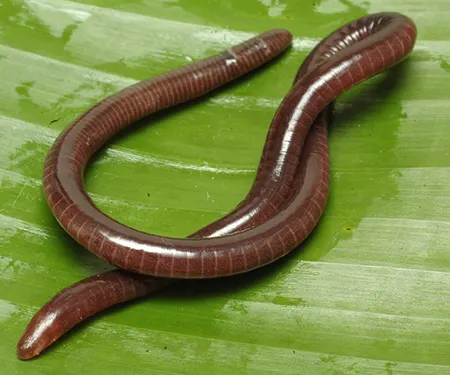
(Gegeneophis mhadeiensis)
Mhadei Caecilian
It is found in India, specifically in the surroundings of Mahadayi Wildlife Sanctuary in the Western Ghats.
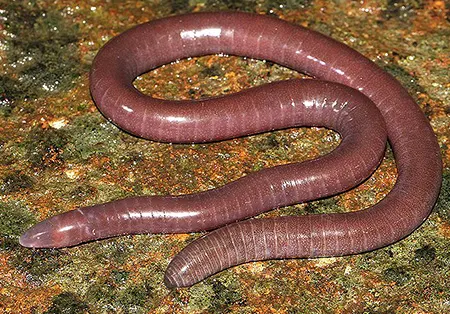
(Gegeneophis orientalis)
Eastern Geg Caecilian
Черв’яга східна
It is found in the Eastern Ghats of India.
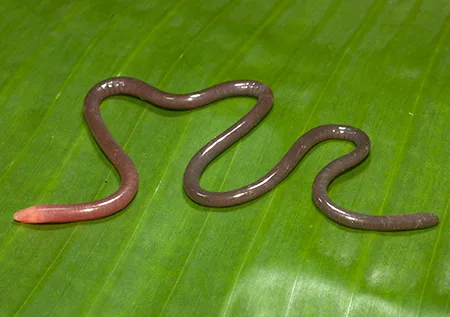
(Gegeneophis pareshi)
Paresh's Caecilian
Черв’яга Пареша
It is only known from four to five localities in the Western Ghats region of southern Goa, India.
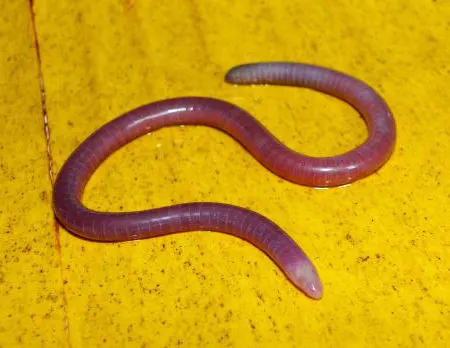
(Gegeneophis primus)
Malabar Cardamom Caecilian
Черв’яга малабарська
It was discovered in the Wayanad District in the Western Ghats of Kerala, India.
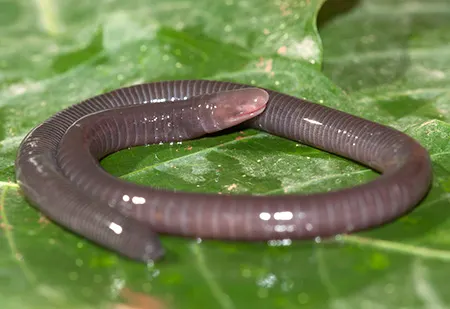
(Gegeneophis seshachari)
Seshachari's Caecilian
Черв’яга Сешачарі
It is found in the Western Ghats of India. It is only known from its type locality Dorle village, Ratnagiri district in Maharashtra.
The genus (Gegeneophis) also includes: Tejaswini Caecilian (Gegeneophis tejaswini), Tenmalai Forest Caecilian (Gegeneophis ramaswamii), Mudur Caecilian (Gegeneophis madhavai), Gurupur Caecilian (Gegeneophis krishni).
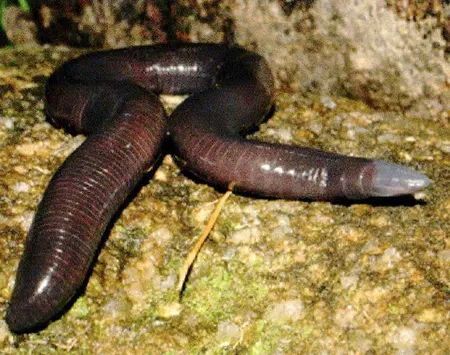
(Hypogeophis alternans)
Stejneger's Caecilian
Черв’яга Стейнегера
It is endemic to the Seychelles islands of Mahé, Praslin, Frégate, and La Digue.
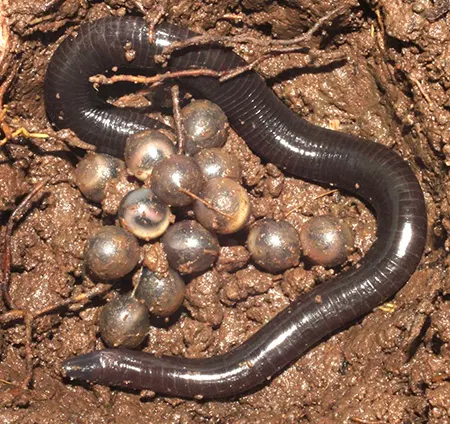
(Hypogeophis sechellensis)
Seychelles Caecilian
Черв’яга сейшельська
It is endemic to the Seychelles islands of Mahé, Praslin, and Silhouette.
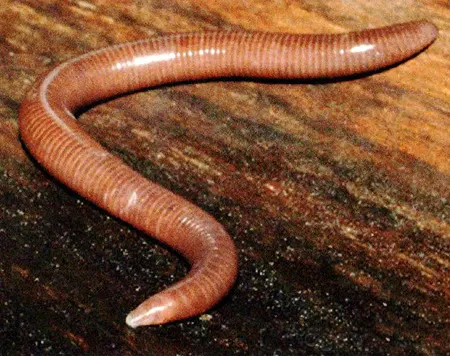
(Hypogeophis brevis)
Mahe Caecilian
It is found on the islands of Mahé and Silhouette in the Seychelles.
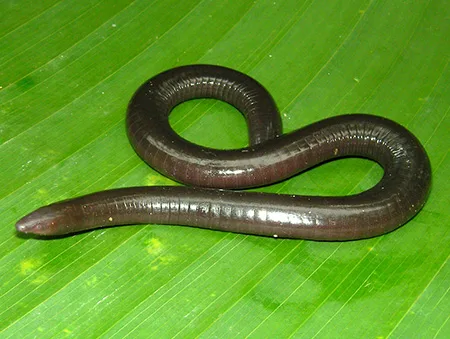
(Hypogeophis rostratus)
Frigate Island Caecilian
Черв’яга фрегатська
It is endemic to Seychelles. It is found on all the islands with amphibians, namely Mahé, Praslin, Silhouette, Ste. Anne, Curieuse, La Digue, Cerf, and Frégate.
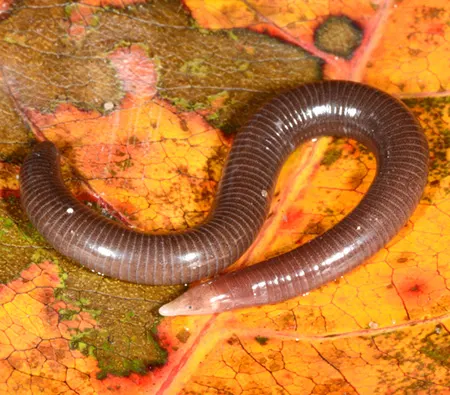
(Hypogeophis pti)
Petit Praslin Caecilian
Черв’яга пресленська
It is endemic to the Seychelles island of Praslin.
The genus (Hypogeophis) also includes: Montane Mahé Caecilian (Hypogeophis montanus), Indian Ocean Caecilian (Hypogeophis larvata).
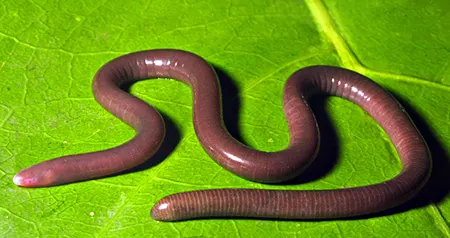
(Indotyphlus maharashtraensis)
Maharashtra Caecilian
It is known only from its type locality near Humbarli village, Satara District, in the Western Ghats of Maharashtra, India.
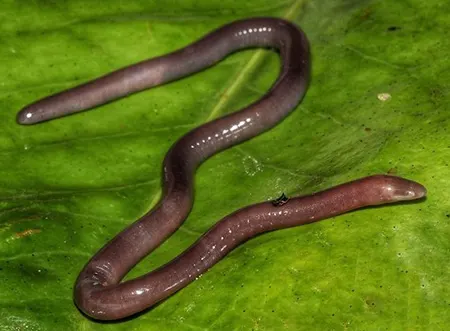
(Indotyphlus battersbyi)
Battersby's Сaecilian
Черв’яга Баттерсбі
It is endemic to the Western Ghats, India.
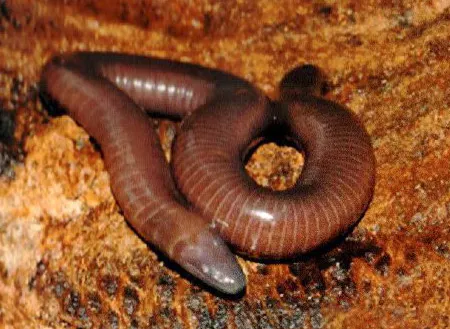
(Praslinia cooperi)
Cooper's Black Caecilian
Чорна черв’яга Купера
It is found on Mahé and Silhouette Islands in the Seychelles. It is a specialist of high forest and moist rainforests at an elevation of about 280 m.
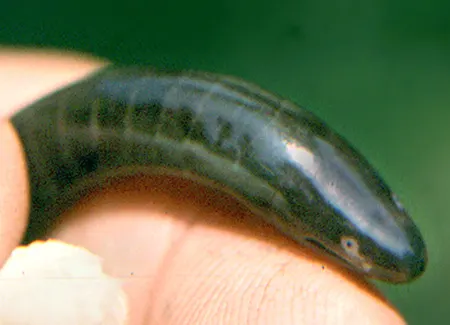
(Sylvacaecilia grandisonae)
Aleku Сaecilian
Черв’яга ефіопська
It is endemic to southwestern Ethiopia and known from the Gambela, Oromia, and Southern Nations, Nationalities, and Peoples’ Regions. Its natural habitats are tropical deciduous forests at elevations of 1,500–2,200 m.
(Idiocranium russeli)
Makumuno Assumbo Caecilian
Черв’яга Русселя
It is one of the smallest of caecilians, and is found in Cameroon.
